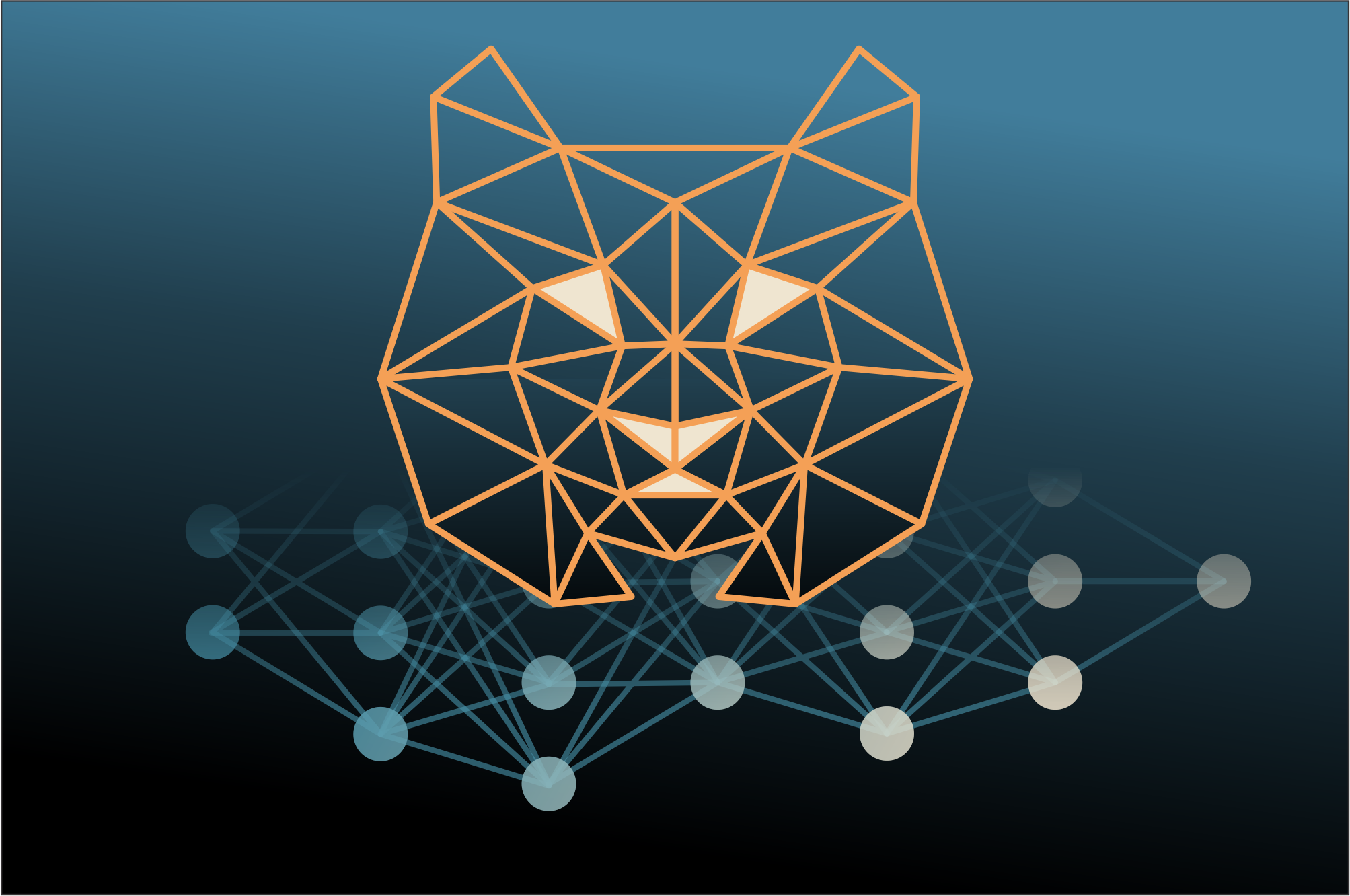Rezultati drugega kroga
| Ime ekipe | Rezultat | Nagrade [€] |
|---|---|---|
| LaST | 0.7 | 600 |
| NightFoxes | 0.65 | 300 |
| OMA | 0.58 | 150 |
| Yugo | 0.56 | 150 |
| Kolovratezi | 0.55 | 150 |
| vrtoglavazirafa | 0.53 | 150 |
| *Rok za ugovor je 14.05.2021 | ||
Rezultati prvega kroga
| Ime ekipe | Rezultat | Uvrstitev v drugi krog |
|---|---|---|
| Kolovratezi | 0.96 | DA |
| yugo | 0.94 | DA |
| NightFoxes | 0.93 | DA |
| LaST | 0.93 | DA |
| VrtoglavaZirafa | 0.92 | DA |
| OMA | 0.92 | DA |
| Sinogram | 0.91 | NE |
| UneBaguette | 0.91 | NE |
| AurumMalleo | 0.89 | NE |
| AnTimon | 0.88 | NE |
| Tehniki | 0.85 | NE |
| Orhideja | 0.79 | NE |
| Nekoherentni | 0.5 | NE |
| Mia | Brez oddaje | NE |
| AK2 | Brez oddaje | NE |
| * Rok za ugovor je 25. april 2021 do 10:00 | ||
| Komisija: Žan Klaneček, Urban Simončič in Andrej Studen | ||
ORGANIZER
DMFA Slovenije
Medical Physics Research Program, FMF UL
INTRODUCTORY LECTURE
28. februar 2022 at 16:00
WHERE?
Online
| Level | Date and time of the beginning | Date and time of the end |
|---|---|---|
| 0 - Introductory lecture | Monday, February 28th, 2022, 19:00 | Monday, February 28th, 2022, 16:00 |
| 1. | Monday, February 28th, 2022, 19:00 | Monday, March 21st, 2022, 9:00 |
| 2. | Saturday, April 9th, 2022, 19:00 | Monday, April 11th, 2022, 9:00 |
Beginning of application submission period
February 1st, 2022
End of application submission period
February 25th, 2022
Result announcement
1st level - March 28th, 2022
2nd level - April 15th, 2022
News
The Ris 2022 kick-off lecture will take place on Monday 28 February 2022 at 16:00. The lecture will be streamed in its entirety via Zoom at: https://uni-lj-si.zoom.us/j/94438636009
At the introductory lecture, competitors will learn about:
the background of the medical problem
medical imaging techniques related to the competition
(imaging) data and ethical aspects of the protection of subjects’ personal data
how to evaluate and submit results
Prizes
Silver RIS (lynx) award
Prize pool 1500€ (gross amount)
Challenges
In the ever-ageing population diseases that affect the elderly – for example brain diseases, which cause malfunction and death of nerve cells (neurodegenerative diseases) – present a large social and economic problem. To facilitate confrontation with these diseases it is necessary to ascertain the correct diagnosis of the patient. Can you assemble an algorithm that will discern whether or not a person has already developed a neurodegenerative disease?
